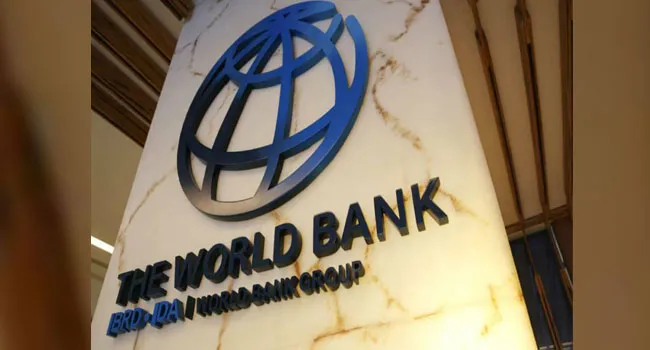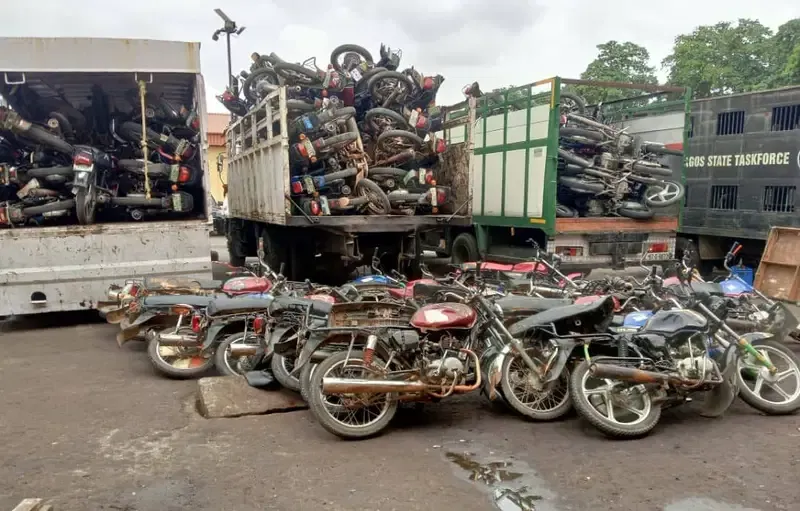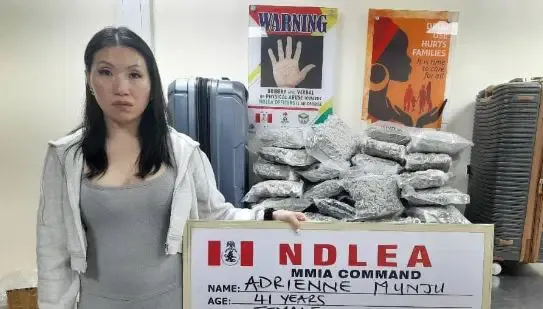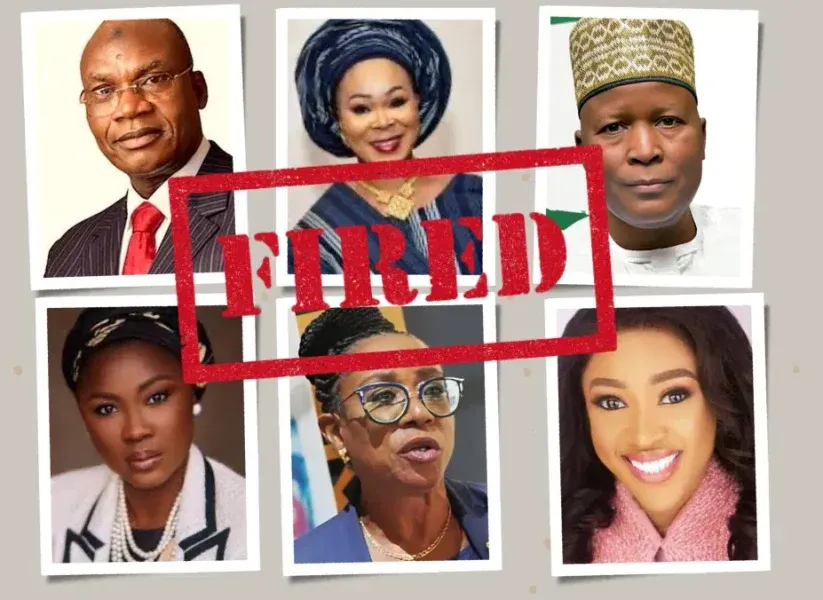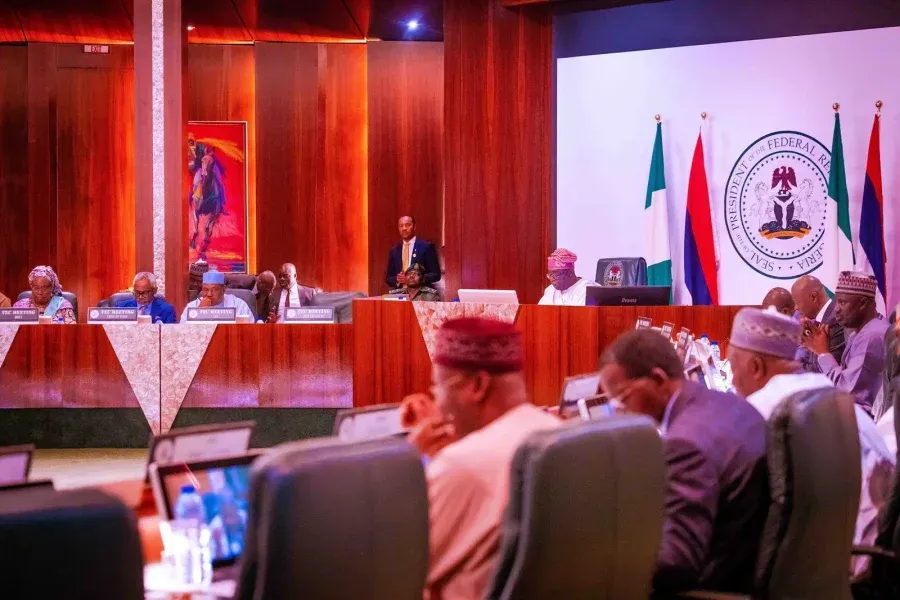The Nigerian Institute of Electrical and Electronic Engineers (NIEEE) has outlined the challenges plaguing the nation’s power sector and offered recommendations to address the persistent power outage issues. In a communique issued at the conclusion of a one-day conference in Abuja, the institute highlighted key areas requiring urgent attention.
President of the institute, Felix Olu, underscored the need for a comprehensive audit of all power infrastructure assets across the country, including generation, transmission, and distribution facilities. He emphasized the importance of identifying deficiencies and implementing measures to improve efficiency and reliability.
Among the challenges identified by the NIEEE are transmission infrastructure capacity constraints, inefficient service quality, and distribution companies’ reluctance to accept loads. Olu stressed the urgency of reducing technical and commercial losses and enhancing market design to encourage private investment in the sector.
The recent tariff increment announced by the Nigerian Electricity Regulatory Commission (NERC) for Band A customers prompted concerns about the adequacy of service delivery despite higher tariffs. Olu emphasized the need for strict compliance with market regulations and penalties for defaulters.
The communique proposed several measures to address the bottlenecks hindering the deployment of smart prepaid meters, including engaging local manufacturers and ensuring compliance with regulatory standards. Additionally, it recommended the establishment of a high-powered technical committee to review the unbundling policy and develop a viable roadmap.
The NIEEE called for collaboration among stakeholders, including system operators, market regulators, and electricity providers, to ensure effective coordination and compliance with industry standards. The institute stressed the importance of technical expertise in evaluating the unbundling of the Transmission Company of Nigeria (TCN) and urged a phased approach aligned with state electricity laws.

